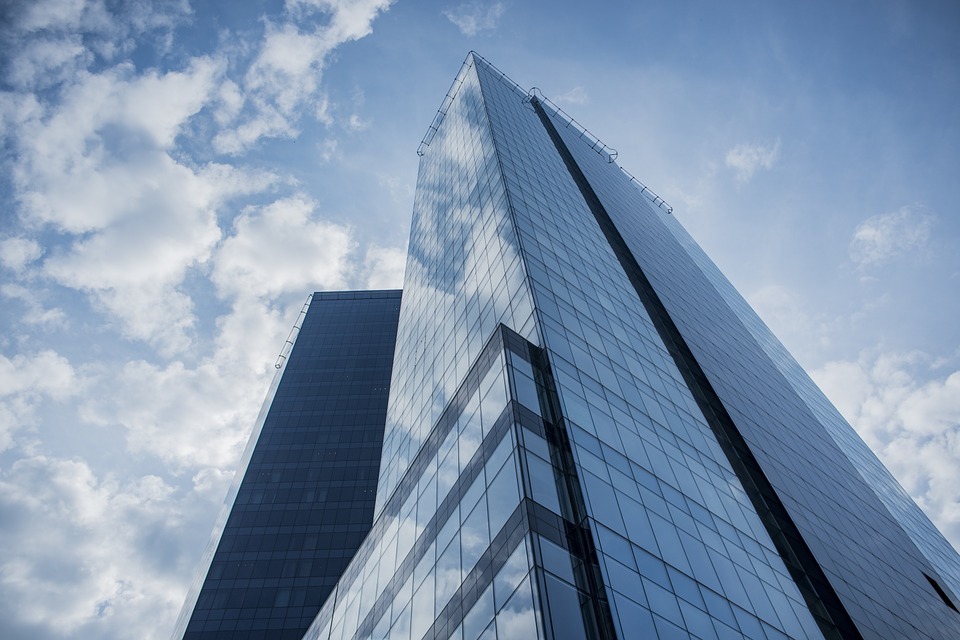2020 was a difficult year for the world over.
Non-essential shops and services had to close their doors to the general public and staff were advised to work from home, if possible. But with the COVID-19 vaccine roll out in full swing and lockdown restrictions taking a tentative step towards easing, 2021 is set to be a better year for all businesses.
Though things might be a little different in the workplace – with staggered shifts, the implementation of partitions and one-way systems and increased sanitising stations – security will remain a huge consideration for businesses. After all, good security practices can help to keep your company and staff safe from threats, such as crime, extreme weather and emergencies.
Whilst most businesses have basic security protocols in place, key areas are often overlooked.
Here we look at just a few easy ways to protect your business:
1. Consider smart security hardware
When was the last time you changed the locks at your business? The truth is, locks don’t last forever and, even if a member of staff leaves the company on amicable terms – you can never be too sure as to how many keys have been cut and who else might hold a key to your premises.
That’s why it makes sense to upgrade to smart security hardware.
On your doors, you could have smart door locks fitted which provide keyless entry. And for any storage lockups, lockers, cupboards and gates, it’s worth using smart padlocks – like the ones LockShop Direct provide.
2. Manage crowds and queues
Do you work in retail? Do hundreds, possibly even thousands, of people walk through your doors every day? The last thing you want to do is take your eye off the ball, so you need to make sure that you can control and manage the flow of people in and out of your business.
Due to the pandemic – the number of people allowed in shops is limited. That said, you might have noticed that many have introduced virtual queueing and traffic light systems so customers know when they can safely enter.
Of course, it depends on your sector, but another great way to manage the crowds would be to have security guards on the doors.
3. Appoint a manager
If you have security alarms and CCTV in operation 24/7 at your premises, as well as security barriers and gates secured with padlocks and chains, then you’re already halfway there.
But it’s worth having someone oversee such systems to ensure that they are operating correctly.
For example, a manager will have access to all areas on-site and the keys to lock everything (e.g. windows, doors, gates, cupboards, safes, etc.) up at the end of the day. They will also be responsible for making sure that the CCTV cameras are recording and that the field of view isn’t blocked, whilst checking that security guards are in the right place at the right time.
4. Make a list of your important assets
Instead of leaving large sums of money in the till overnight, place it in a secure cash box – hidden from view. Use a laptop safe to secure laptops and mobile phones, and move any other items of value to an underfloor safe.
Most safes have a key or combination lock. If it’s locked and unlocked using a key, you need to think carefully about who you will allocate the key to. Alternatively, if it’s a combination locking safe – you won’t have to worry about keys going missing, but you need to make sure that only authorised personnel know the correct code. Also consider outsourced it support as well.
Aside from keeping goods secure in a safe, you want to keep a note of all your key assets. Not only will this prove useful in the unfortunate event of a break-in, but it can also help you to maintain an organised working environment, minimising loss.
There you have it. Follow these simple tips and you should feel confident that your business is protected – not just in 2021 but for many years to come.

